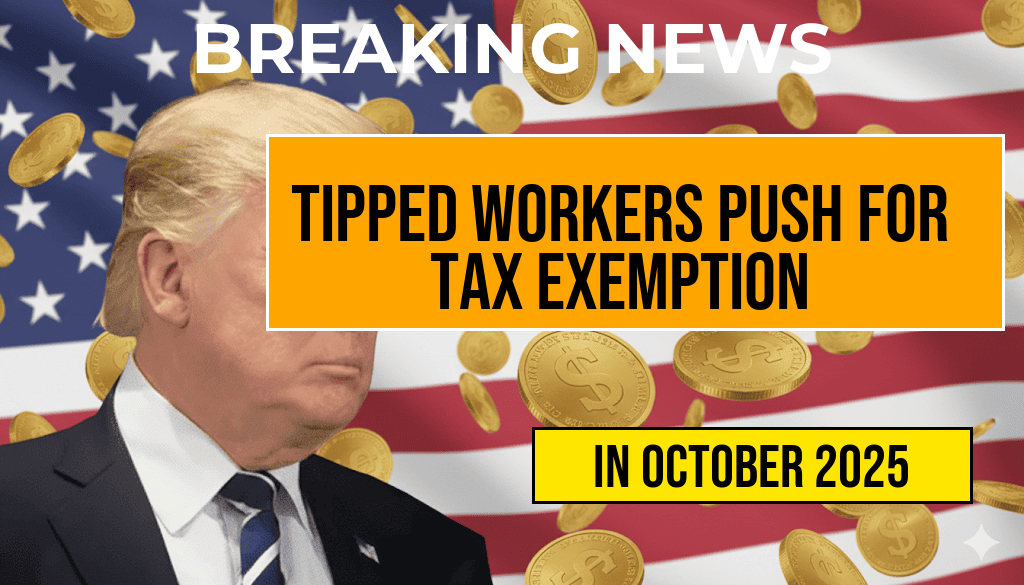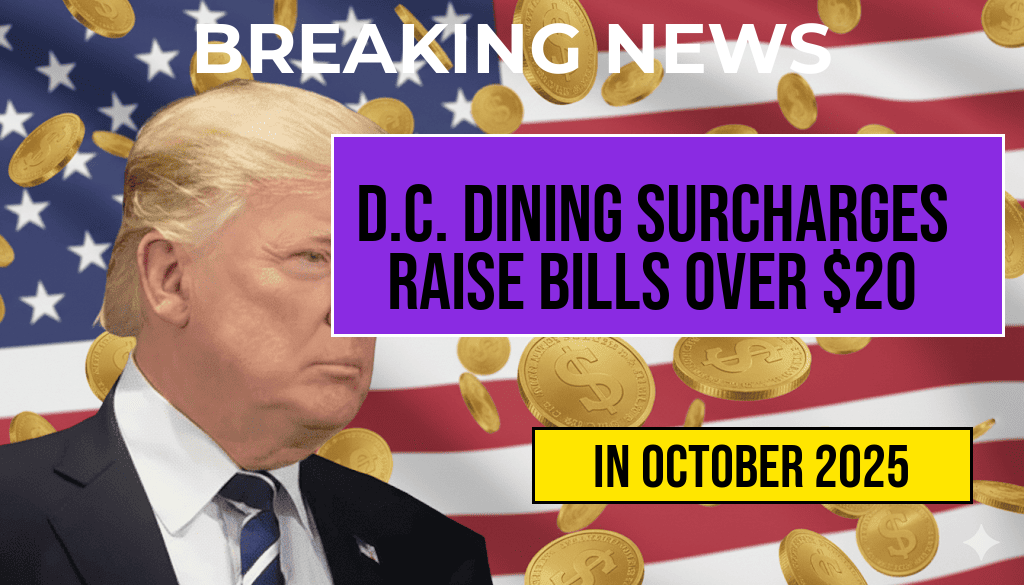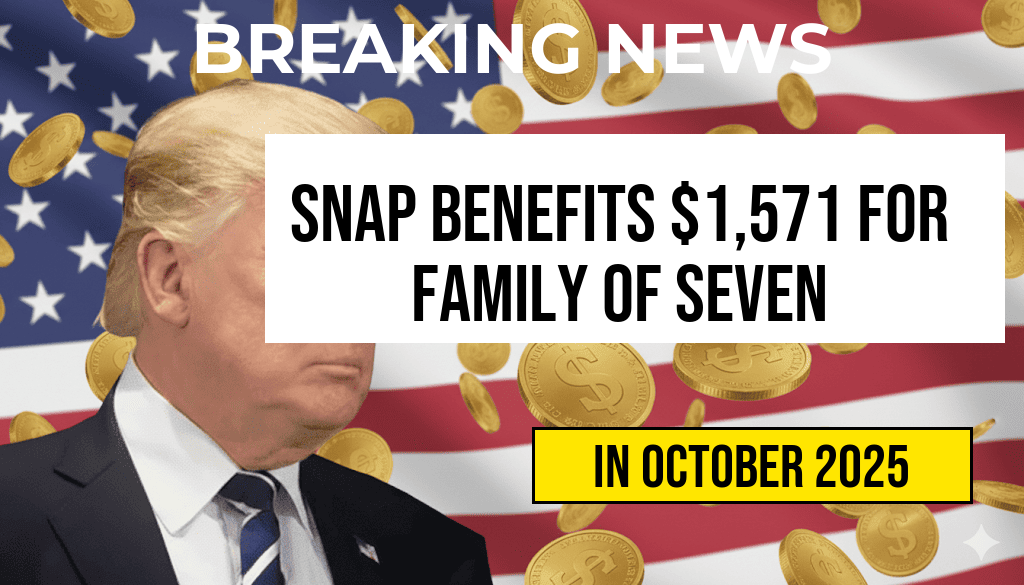As the debate over fair wages and taxation continues, tipped workers across the United States are advocating for a tax exemption of $25,000 on their earnings. This move, aimed at alleviating the financial burden on service industry employees, has sparked a complex discussion about the potential implications for the Earned Income Tax Credit (EITC). While the exemption promises immediate relief for many, workers may face a significant trade-off, risking the loss of over $1,000 in EITC benefits, a crucial source of income for low- and middle-income families.
The Current Landscape for Tipped Workers
Tipped workers, including servers, bartenders, and valets, often rely on gratuities to supplement their base wages, which can be substantially lower than the federal minimum wage. The federal minimum wage for tipped employees is currently set at $2.13 per hour, a figure that has not changed since 1991. Many advocates argue that this outdated system leaves workers vulnerable to financial instability, particularly in the wake of the COVID-19 pandemic, which severely impacted the hospitality industry.
Understanding the Proposed $25,000 Tax Exemption
The proposed tax exemption aims to provide a safety net for tipped workers by allowing them to exclude the first $25,000 of their tip income from taxable earnings. This measure could significantly reduce their overall tax burden, enabling them to retain more of their hard-earned money. Proponents believe this exemption would support economic recovery for the service sector and enhance the financial security of workers who often live paycheck to paycheck.
The EITC Dilemma
However, the $25,000 exemption comes with a caveat. Many tipped workers also qualify for the Earned Income Tax Credit, a federal program designed to assist low- and moderate-income workers by reducing their tax liability and providing cash back. For some, the benefits from the EITC can exceed $1,000 annually. By claiming the new exemption, workers could inadvertently disqualify themselves from receiving these critical benefits, leading to a net loss in income.
Expert Opinions on the Issue
Economists and tax experts have weighed in on the potential consequences of the proposed exemption. Dr. Emily Johnson, a labor economist at the University of California, stated, “While the exemption could provide immediate relief, it’s essential for workers to understand the long-term implications on their eligibility for the EITC. Losing out on significant benefits could offset the advantages of a tax break.”
Furthermore, the National Employment Law Project (NELP) has raised concerns regarding the long-term effects of such tax policies. “The aim should be to create a fair wage system that does not force workers to choose between immediate relief and essential benefits,” said NELP policy analyst Sarah Thompson.
Potential Solutions and Alternatives
Several advocates are proposing alternative solutions, including:
- Increasing the Federal Minimum Wage: Many argue that raising the federal minimum wage for tipped workers would provide a more sustainable solution than tax exemptions.
- Implementing a Tiered Tax System: A tiered tax system could allow for gradual exemptions based on income, helping workers maintain access to the EITC.
- Increased Awareness and Education: Providing resources to workers about tax benefits and exemptions can aid in making informed decisions.
Conclusion
The movement for a $25,000 tax exemption for tipped workers reflects a growing recognition of the challenges faced by those in the service industry. While the proposal aims to provide immediate financial relief, it raises significant questions about the potential loss of EITC benefits. As discussions continue, it is crucial for workers to weigh the benefits and drawbacks carefully. The future of work in the service sector may depend on finding a balance between fair compensation and tax policy that protects the most vulnerable workers.
| Scenario | Tax Exemption | EITC Eligibility | Net Income |
|---|---|---|---|
| Without Exemption | $0 | Eligible | Includes EITC |
| With $25,000 Exemption | $25,000 | Potentially Ineligible | Loss of EITC Benefits |
For further insights on the implications of such tax proposals, you can visit Forbes and Wikipedia.
Frequently Asked Questions
What is the proposed tax exemption for tipped workers?
Tipped workers are seeking a $25,000 tax exemption to help alleviate financial pressures and recognize their unique earning situations.
How does the tax exemption impact the Earned Income Tax Credit (EITC)?
While the exemption could provide immediate relief, it may result in a loss of over $1,000 in EITC benefits, which are crucial for low-income families.
Why are tipped workers advocating for this tax exemption?
Tipped workers advocate for the exemption to better reflect their earnings and to provide financial stability in an industry heavily reliant on tips.
What are the potential consequences of implementing the exemption?
Implementing the exemption could lead to a complex situation where workers face a trade-off between immediate tax relief and long-term benefits like the EITC.
Are there alternative solutions for improving the financial situation of tipped workers?
Yes, alternatives could include increasing the minimum wage for tipped workers or revising the structure of EITC eligibility to better support those in the service industry.






